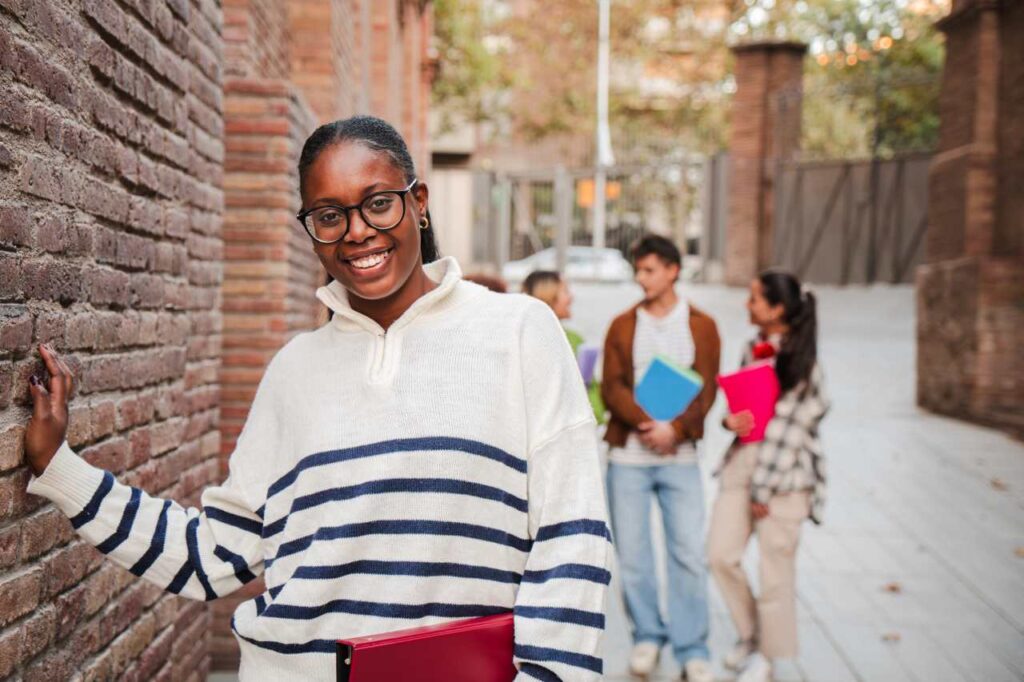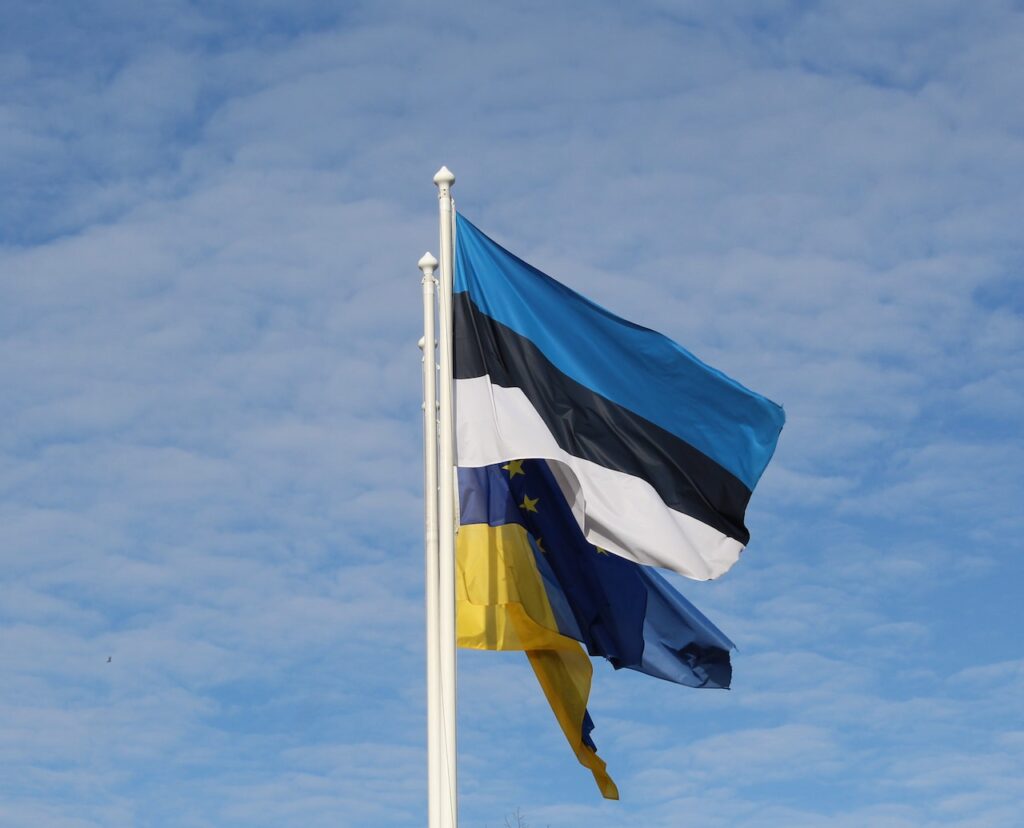The Netherlands, known for its high-quality education system and diverse, international student community, is an attractive destination for students from around the world, including Nigeria. To study in the Netherlands, Nigerian students must navigate the visa application process, which involves understanding the types of visas, meeting specific criteria, and following the procedures established by Dutch immigration authorities.
Types of Visas
Short-Stay Schengen Visa (C-Visa): This visa is for stays of up to 90 days within a 180-day period and is not suitable for most students intending to pursue a full academic programme.
Long-Stay Visa (MVV) and Residence Permit (VVR): For studies lasting longer than 90 days, students need to apply for a Provisional Residence Permit (MVV) and a Residence Permit (VVR). The MVV serves as an entry visa, while the VVR is for your residency during your studies.
Step-by-Step Application Process
Secure Admission to a Dutch University:
Your first step is to gain admission to a recognized higher education institution in the Netherlands. Once admitted, you will receive a letter of acceptance, which is crucial for your visa application.
Check Eligibility and Requirements:
Ensure that you meet the general criteria for a student visa. These include having a valid passport, proof of sufficient financial means, and a letter of admission from a Dutch university.
Financial Proof:
You need to demonstrate that you have enough funds to cover your living expenses, tuition fees, and return travel. The exact financial requirement varies annually, so it’s essential to check the current requirement on the Dutch immigration service’s website.
Health Insurance:
You are required to have comprehensive health insurance coverage for your stay in the Netherlands.
Initiate the Visa Application Process:
Often, your host institution in the Netherlands will initiate the MVV and VVR application process on your behalf through the ‘TEV procedure’ (Entry and Residence Procedure).
Gather Necessary Documents:
Prepare the necessary documents, which typically include:
- A valid passport.
- The admission letter from your Dutch university.
- Proof of sufficient financial means.
- Proof of health insurance.
- Academic certificates.
- Proof of English or Dutch language proficiency, if applicable.
Biometric Data Submission:
As part of the application process, you will be required to provide biometric data, including fingerprints and a photograph.
Tuberculosis Test:
Students from Nigeria must undergo a tuberculosis test within three months of arriving in the Netherlands.
Visa Application Fee:
Be prepared to pay a non-refundable visa application fee. This fee is subject to change, so check the latest amount on the official Dutch immigration website.
Embassy Appointment:
Schedule an appointment at the Netherlands embassy or consulate in Nigeria for the visa application process. Also, during this appointment, you will submit your documents and may undergo an interview.
Processing Time:
The processing time for a student visa can vary. It’s important to apply well in advance of your intended travel date to accommodate any delays.
Visa Approval and Collection:
Once your application is approved, you will be notified to collect your MVV from the embassy or consulate.
Travel to the Netherlands:
After arriving, you must register with the local municipality where you live and may need to pick up your VVR.
Additional Considerations
- Language Proficiency: Depending on your course and institution, you may need to demonstrate proficiency in English or Dutch.
- Accommodation: It’s advisable to arrange your accommodation in the Netherlands before you arrive. Many universities offer assistance with finding housing.
- Cultural Preparation: Familiarise yourself with Dutch culture, customs, and the education system to ease your transition.
- Part-time Work: Check the regulations regarding part-time work on a student visa, as there may be restrictions on the number of hours you can work.
- Extensions and Changes: If you need to extend your stay or change your study program, you must notify and seek approval from Dutch immigration authorities.
In conclusion, applying for a student visa to the Netherlands requires careful planning and attention to detail. By following this guide and staying informed about the latest visa regulations and requirements, you can navigate the process more confidently. Remember to seek assistance from your Dutch university and the Netherlands embassy in Nigeria whenever necessary. However, with the correct preparation, you can look forward to an enriching academic experience in the Netherlands.
Do you need help with a Student Visa to the Netherlands?
Contact our team of skilled immigration lawyers to discuss your visa and immigration needs.
Call us at +234 812 5505 986 or WhatsApp us at +234 818 1547 085 for immediate assistance. We are available to assist you in person, over the phone, or online





